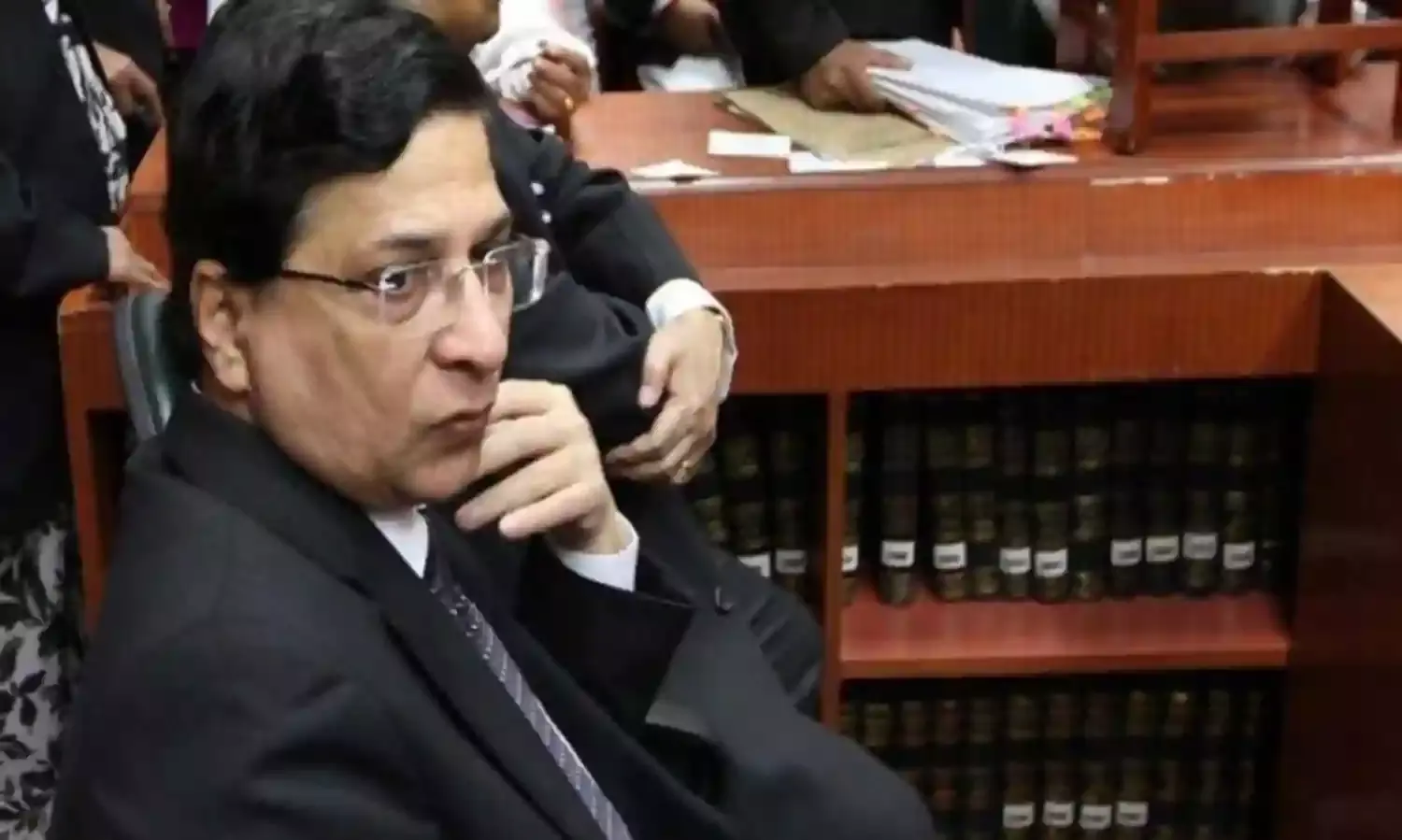A Committed Judiciary and Democracy
Questions need to be asked---and answered to avert the danger to democracy

MUMBAI: During the days of the Emergency, then Prime Minister Indira Gandhi had called for a “committed judiciary”. She didn’t have to explain to whom exactly the judiciary had to be committed. Her appointments made it quite clear.
In January 1977, Justice MH Beg superseded Justice HR Khanna as the Chief Justice of India. Khanna had paid the price for being the only dissenter in the well known A.D.M. Jabalpur v Shivkant Shukla case, where the majority bench ruled that the fundamental rights could be suspended during the Emergency. To mark his protest, HR Khanna submitted his resignation to Indira Gandhi. Earlier in 1973, 3 Justices of Supreme Court had resigned when she made appointments ignoring seniority.
Every government that flirts with authoritarianism is insecure about the judiciary. The phenomenon cuts across the globe. And it resurfaced again in India when four respected Supreme Court judges held an unprecedented press conference last week against the sitting Chief Justice of India, which begs the question: Is the Modi government trying to emulate Indira Gandhi? Is it all about forming a committed judiciary 2.0?
This is the question we must persistently ask, in spite of the various attempts to deflect attention from the issues raised by the “rebel” judges. If Chief Justice of India Dipak Misra is assigning important cases to selective benches of preference, as alleged by the judges, who is the CJI trying to please?
Misra’s proximity to Prime Minister Narendra Modi and the ruling party is an open secret. There are a few cases pending in the Supreme Court that are of great interest to the BJP. The Ayodhya dispute, for example, is one of them. Is the Modi government trying to lay a foundation for judgements that have far reaching socio-political consequences?
The judges who went public are men of integrity. Justice Gogoi is next in line to be the CJI. Which is why alarming would be an understatement to describe the situation. It is an attack on the autonomy of the judiciary, which, in turn, dilutes the essence of democracy.
Instead of addressing these grave concerns, the establishment tried to downplay the rift in Supreme Court. However, the matter seems to be intensifying. Senior Supreme Court Lawyer Prashant Bhushan has taken the charges made by the judges to another level. In a virtual charge sheet, he has demanded an inquiry by five senior judges into the functioning of Misra. Bhushan has cited examples of how he has misused his authority to influence the outcome of important cases.
As per Prashant Bhushan, Misra is directly involved in the case of Prasad Education Trust. Yet, he went out of his way to ensure he presided over it, blatantly disregarding the conflict of interest. In fact, the CBI has audio tapes proving bribery at the highest level of courts. These audio tapes have been apparently leaked as well, which further cast aspersions on the integrity of the CJI. Bhushan has said that he does accuse Misra of corruption, but his conduct calls for an immediate internal inquiry.
The second case that is being cited to highlight bias pertains to the mysterious death of Judge B.H. Loya. In spite of two petitions pending in the high courts of Bombay and Chandigarh, two separate petitions were suddenly filed in the Supreme Court. Without consulting anyone, a case as sensitive as this one was assigned by Misra to a junior judge like Arun Mishra, who, according to respected lawyer Dushyant Dave, is close to the ruling party.
The Loya case is said to be the tipping point of the press conference held by the four senior Judges. In spite of writing to the CJI two months ago, the judges were ignored. As a last resort, they decided to go to the press. At least, it temporarily woke up the concerned people. Arun Mishra has recused himself from the Judge Loya death case.
Right here, though, is the clue to understand why Modi bhakts and the North Korean channels unleashed a personal attack on the four judges, while asking for their resignations and labelling them anti-nationals. The four judges did not mention any political party in their press conference. Yet, those who have been disregarding the rule of law since the demolition of the Babri mosque, started preaching to the custodians of justice. It was amusing and disturbing at the same time. Neither Modi nor any senior BJP leader condemned the troll attack.
On the other hand, communist leader D. Raja seemed to be brimming with excitement as, for some inexplicable reason, he visited Justice Chalameswar at his residence after the press conference. The opposition parties have the right to demand an explanation from the government, but that should transpire in Parliament. Because only the Parliament has a right to impeach a judge.
Some of the lawyers and judges have argued that it is an internal matter,but one must remember that the matter greatly concerns democracy. After the election commission, RBI, CBFC and several educational institutes, the judiciary has been the latest casualty to have ceded faith in the eyes of the public. And that lost faith needs to be restored.
Amidst the entire storm, any self respecting man would have resigned having lost all moral ground. But slaves of the establishment are seldom self respecting men, so let us abandon wishful thinking for the time, which leaves us with a feasible, but a bitter, solution to restore the credibility of the highest institution of justice with a fair and transparent inquiry.
All eyes, thus, are on CJI Dipal Misra .
( Nikhil Wagle is former editor of daily Mahanagar and news channel IBN Lokmat.)



